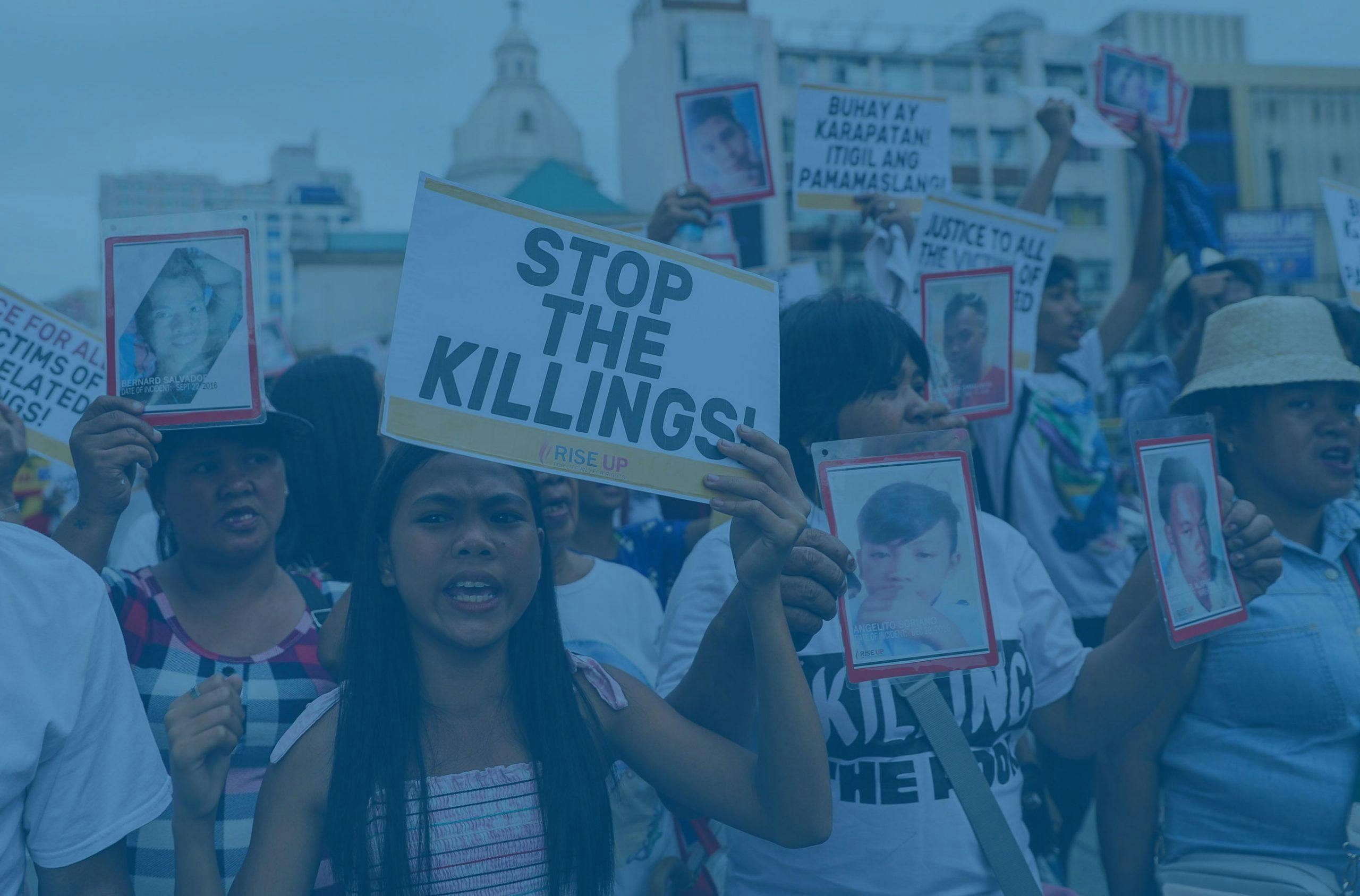Photo: REUTERS
204 network members in 75 countries
483 IDPC Publications
Hot Topics
Publications
Latest News & Events
204 members worldwide
Thematic focus
Human rights
From extrajudicial killings to the denial of access to controlled pain medication, repressive drug policies continue to be a major driver of violence, suffering, and human rights violations across the world. We work to ensure that national and international institutions recognise, prevent, and redress these abuses.
UN level engagement
As a global network, IDPC is uniquely placed to connect advocacy efforts and bridge policy debates between the national, regional and international levels, facilitating participation, promoting accountability and leveraging positive developments to advance progressive reforms.
Ukrainian activists demonstrate against the criminalisation of people who use drugs, sex workers and people living with HIV.
Decriminalisation
Criminalisation fuels stigma, syphons resources away from life-saving services, and creates severe and long-lasting obstacles to health and well-being. Instead, IDPC advocates for decriminalisation, an essential framework to develop balanced and health-oriented approaches to drugs.
Women-led demonstration as part of the Support. Don't Punish campaign. Supported by WHRIN. Photo: AILES
Women and drug policy
Women, both cis and trans, bear the negative consequences of drug policies in ways that are often neither seen nor heard. IDPC amplifies the voices of women, including through collaboration with feminist organisations, by advocating for reforms that address the gender inequalities perpetuated by drug policies.
Banner drop by Canadian activists at the 2017 International Harm Reduction Conference. Photo: Nigel Brunsdon
Health
Whether it is overdose, communicable diseases such as HIV and hepatitis, untreated pain, ineffective drug treatment, stigma and discrimination, or torture, punitive ‘war on drugs’ policies cause and exacerbate harms and violate the universal human right to the highest attainable standard of physical and mental health. Our work promotes the prioritisation of health outcomes over punishment, ensuring access to adequately-funded and evidence-based harm reduction, treatment and prevention services, as well as controlled medicines.
